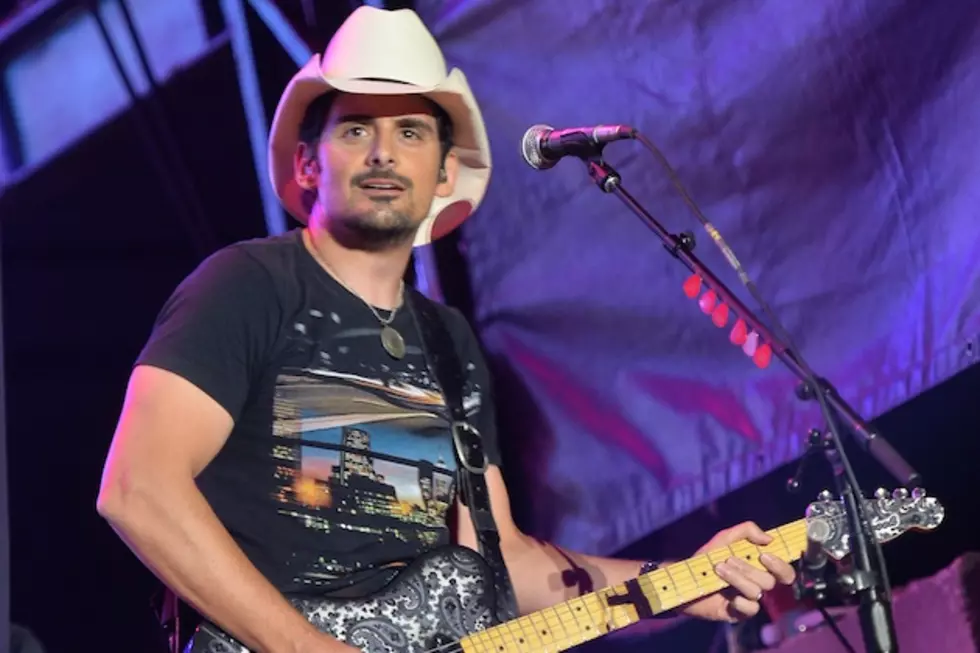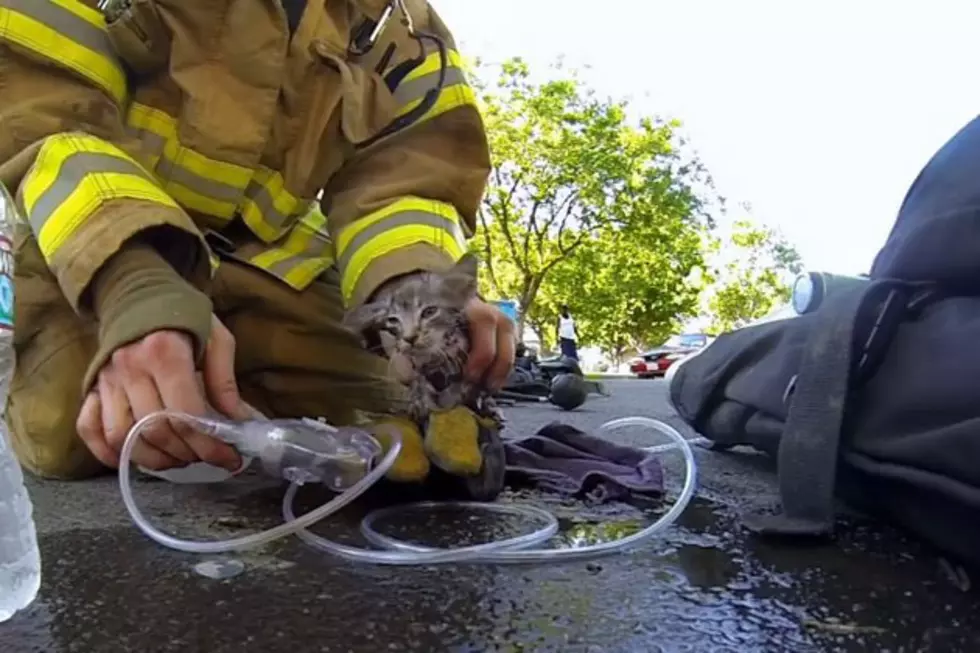
Brad Paisley Shares What He Learned From ‘Accidental Racist’
Brad Paisley's track 'Accidental Racist' stirred up much controversy when 'Wheelhouse' was released and is possibly one of the most controversial songs in country music. The singer, never one to mince words, recently shared what he learned from this experience.
In an extremely in-depth interview with New York Magazine, Paisley explains that he's not ignorant of the criticism and even embraces the lessons within it, saying, "I read the serious criticism — the stuff that was legit. Some of it I understood; some of it I didn’t. I’m eager to read more. This is a learning experience for me."
Although there were speculations that 'Accidental Racist' would certainly stir the waters, as it tackled an extremely delicate subject, Paisley admitted that he wasn't expecting the uproar it created. LL Cool J spoke up in defense of Paisley, but the feedback was long, loud and still hasn't ended.
"The whole thing took me by surprise in this sense: This was a deep album cut on a country record. I didn’t know it was possible for an album cut to make the news, let alone to be headline news," Paisley muses.
Despite the tension regarding this song, the 'Beat This Summer' singer has said before that he wouldn't change a thing.
He continues, "The truth is, I mostly thought about 'Accidental Racist' in terms of my fans. This song was meant to generate discussion among the people who listen to my albums. What I was most worried about is that my fan base would think that I was preaching to them. The last thing I ever want to do is be preachy. But I thought that my fans would get something out of hearing a point of view that they don’t hear very often — a perspective you really don’t hear in country music."
But of course, there were fans who turned away from Paisley. He admitted that he hoped fans would give him the benefit of the doubt, but that wasn't always the case. "Some Southerners got very mad it me: 'I’m done with you. How dare you apologize for the Confederate flag!' But the majority of my fans said, 'We know you, we love you — and we don’t understand the controversy, we don’t get why everyone is so mad.' Which tells you all you need to know, right there. There is a gulf of understanding that I was trying to address," Paisley explains.
If there's one thing he's upset about, it's this: the song wasn't intended to hurt; instead, it was written to heal. So, in a sense, the song's message is doing the opposite and Paisley learned a lot from that.
"The most surprising and upsetting thing was being thought of by some as a racist," he declares. "I have no interest in offending anyone -- especially anyone in the African-American community. That song was absolutely, earnestly supposed to be a healing song. One hundred percent."
More From KLAW-FM





![LoCash Cowboys, ‘Best Seat in the House’ [Listen]](http://townsquare.media/site/204/files/2013/09/Locash.jpg?w=980&q=75)
![School Says Girl With Down Syndrome Can’t Be Cheerleader Because She’s a ‘Liability’ [VIDEO]](http://townsquare.media/site/241/files/2013/09/Cheerleader.jpg?w=980&q=75)



